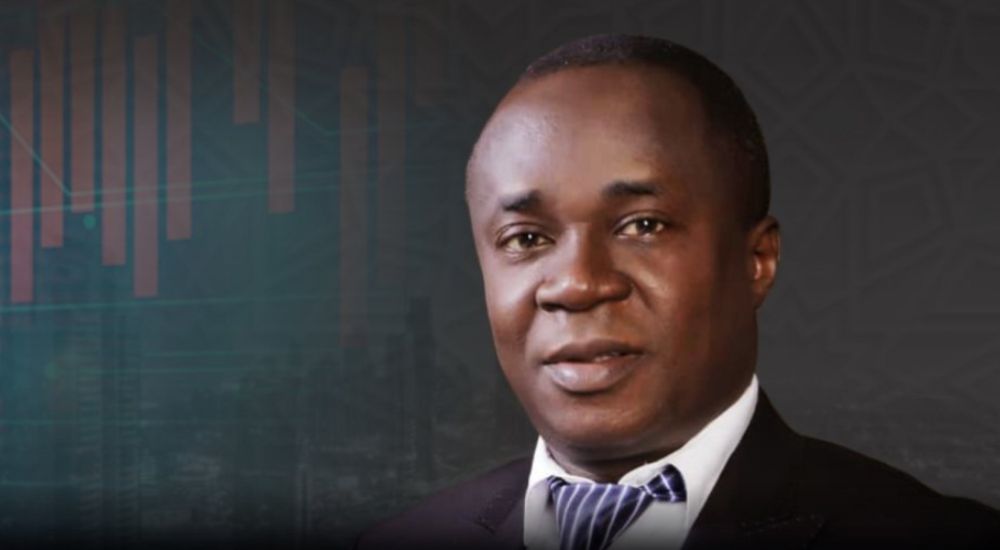President of the Capital Market Academics of Nigeria, Prof. Uche Uwaleke, has said that Nigeria’s economic reforms are showing signs of recovery, with improved macroeconomic stability, renewed investor confidence, and stronger market performance.
But, he warned that the government must now ensure that the gains do not remain in the numbers but should translate into real improvements in citizens’ welfare.
Speaking in an interview on ARISE News on Thursday, Uwaleke said the country’s economy was gradually turning the corner, pointing to a moderation in inflation and a more stabilised foreign exchange market compared to the previous year, as evidence of progress.
According to him, inflation has dropped to 18.02 percent from over 30 percent, while external reserves and current account balances have improved following a more stable exchange rate regime.
He added that this stability has boosted investor confidence and driven the stock market to return nearly 40 percent before its recent correction.
He attributed these improvements to major policy shifts such as the removal of fuel subsidies, exchange rate unification, and upcoming tax reforms set to begin in January, citing favourable credit ratings and the success of Nigeria’s latest Eurobond issuance as proof of renewed investor trust.
Advertisement
Despite the upbeat outlook, the former Securities and Exchange Commission (SEC) board member cautioned that economic growth must become inclusive.
“Yes, the macro numbers are improving, but the welfare of the average Nigerian is another matter. Inflation may be moderating and GDP growing at 4.23 percent, but the World Bank has reported that poverty is rising. Beyond the chest-beating, we must make this growth inclusive so that ordinary Nigerians can feel the impact,” he said.
He stressed that while the services sector has been the main driver of GDP growth, manufacturing and agriculture remain weak and require targeted policy interventions to strengthen inclusive development.
Addressing the recent N4.6trn loss in the capital market, Uwaleke blamed the volatility on misinformation about the government’s capital gains tax policy.
“The capital market is highly sensitive to information. The losses we saw over N2trn earlier and N4trn just two days ago were due to uninformed reports about the implementation of capital gains tax,” he explained.
Advertisement
Following clarifications from the Ministry of Finance and the Presidential Fiscal and Tax Reforms Committee, he said the market rebounded, gaining more than N2trn.
Uwaleke further clarified that institutional investors such as pension funds and real estate investment trusts remain exempt from capital gains tax, while a “grandfathering” clause ensures that gains made before December 31, 2024, will not be taxed. A move he said, helped calm investor concerns.
On Nigeria’s reliance on Eurobonds, Uwaleke expressed strong reservations, describing the strategy as expensive and risky. He warned that despite Eurobonds accounting for only 36 percent of external debt, they represent over 55 percent of debt servicing costs.
“With respect to Eurobonds, we shouldn’t be resorting to that market as a financing strategy. Each time they mature, we simply borrow again to repay. That’s not sustainable.
“We should de-emphasise commercial debts and prioritise concessional loans from multilaterals and bilaterals. That is borrowing for productivity, not for consumption,” he advised.

